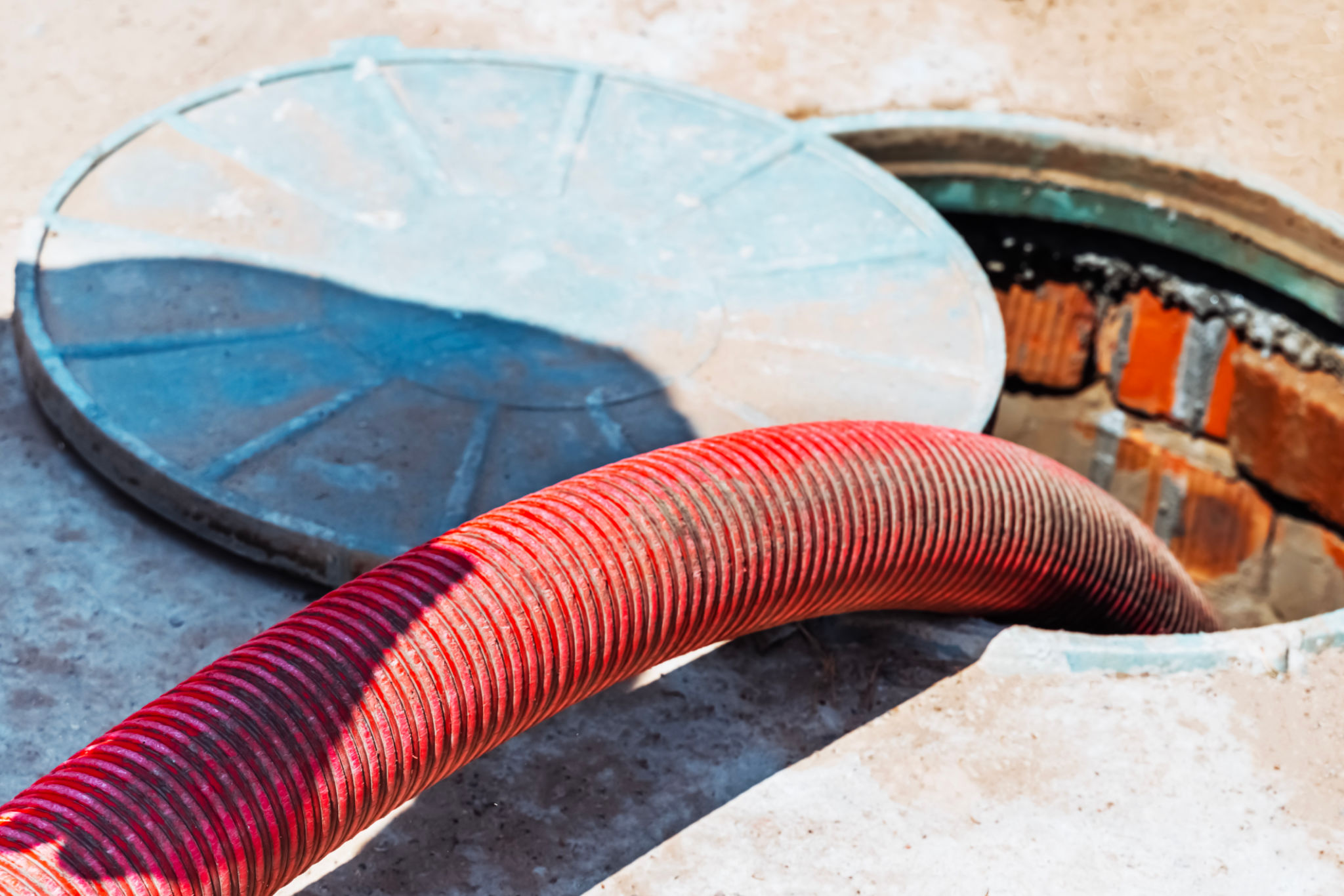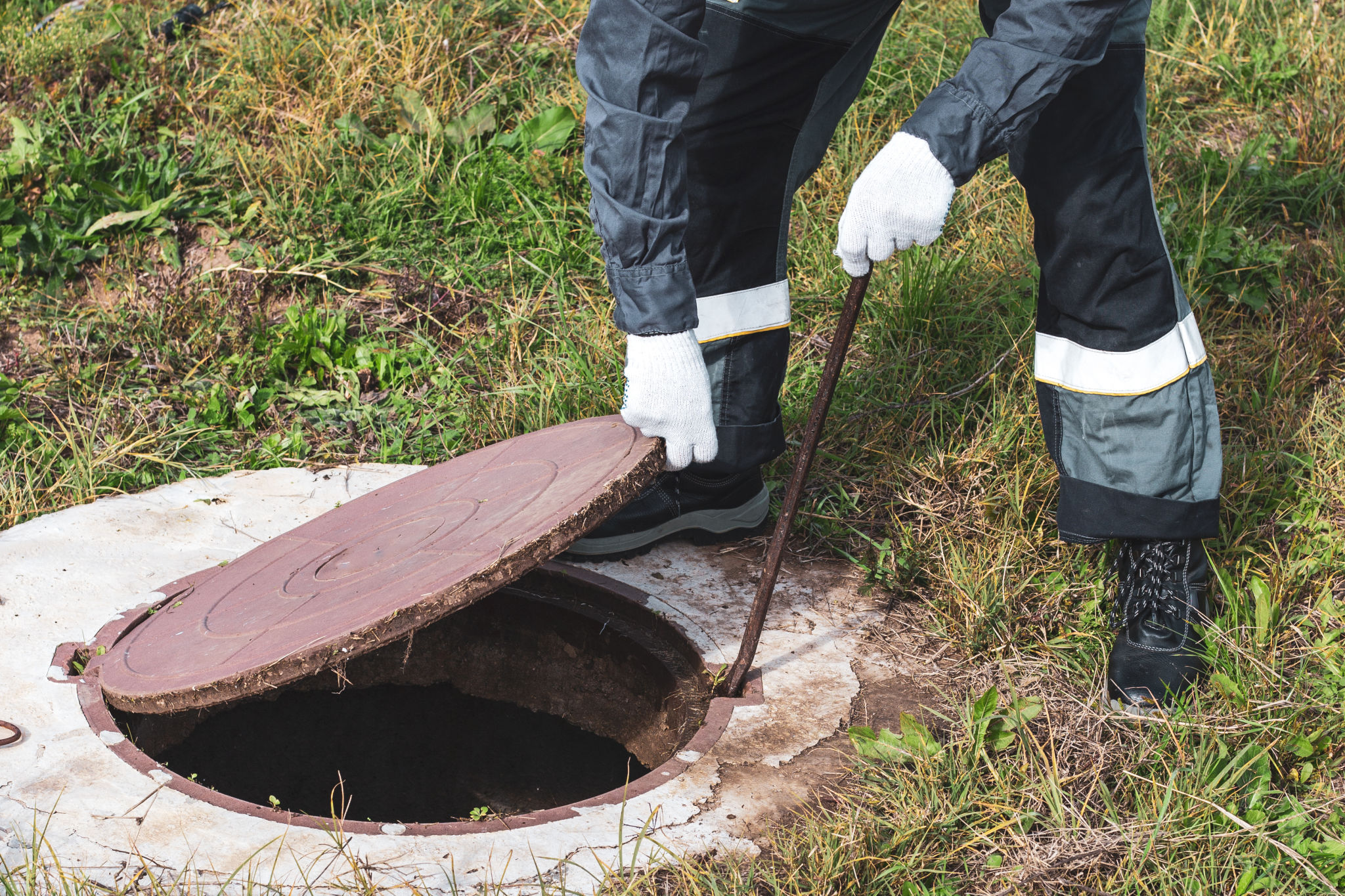Common Myths About Septic Systems Debunked by Asheville Experts
Understanding Septic Systems
Septic systems are a crucial component for many homes, particularly in rural areas where access to public sewage systems is limited. Despite their importance, numerous myths and misconceptions surround these systems. To ensure proper maintenance and functionality, it's essential to separate fact from fiction. Here, Asheville experts help debunk some of the most common myths about septic systems.

Myth 1: Septic Systems Require Little to No Maintenance
One of the most pervasive myths is that septic systems do not require regular maintenance. In reality, regular upkeep is vital. Septic tanks should be inspected every three years and pumped every three to five years, depending on usage and household size. Neglecting routine maintenance can lead to costly repairs and environmental hazards.
Myth 2: Additives Can Replace Pumping
Some homeowners believe that using chemical additives can eliminate the need for regular pumping. However, experts caution against this misconception. While additives may help break down waste, they cannot replace the physical removal of solids from the tank. Regular pumping is necessary to prevent overflow and system failure.

Myth 3: Everything Flushable Is Safe for Septic Systems
The notion that anything labeled as "flushable" is safe for septic systems is misleading. Many products marketed as flushable do not break down easily and can cause clogs or damage. It's best to avoid flushing non-biodegradable items like wipes, sanitary products, and certain types of toilet paper. These can disrupt the delicate balance within your septic system.
Myth 4: Septic Systems Are Harmful to the Environment
Contrary to popular belief, well-maintained septic systems can be environmentally friendly. They treat and disperse wastewater on-site, reducing the load on centralized sewage systems. Properly functioning septic systems use natural processes to filter and treat waste, minimizing environmental impact. Regular maintenance ensures they operate efficiently and eco-consciously.

Myth 5: A Foul Smell Indicates Imminent Failure
While unpleasant odors can be a sign of septic system issues, they do not automatically mean system failure. Odors can be caused by minor issues such as clogged vents or overfilled tanks. A professional inspection can identify the cause and provide solutions before more severe problems develop.
Key Takeaways for Homeowners
Understanding these common myths allows homeowners to make informed decisions about their septic systems. Regular maintenance, cautious product use, and timely inspections are crucial for ensuring the longevity and efficiency of your septic system. By debunking these myths, you can protect your investment and contribute to a healthier environment.
